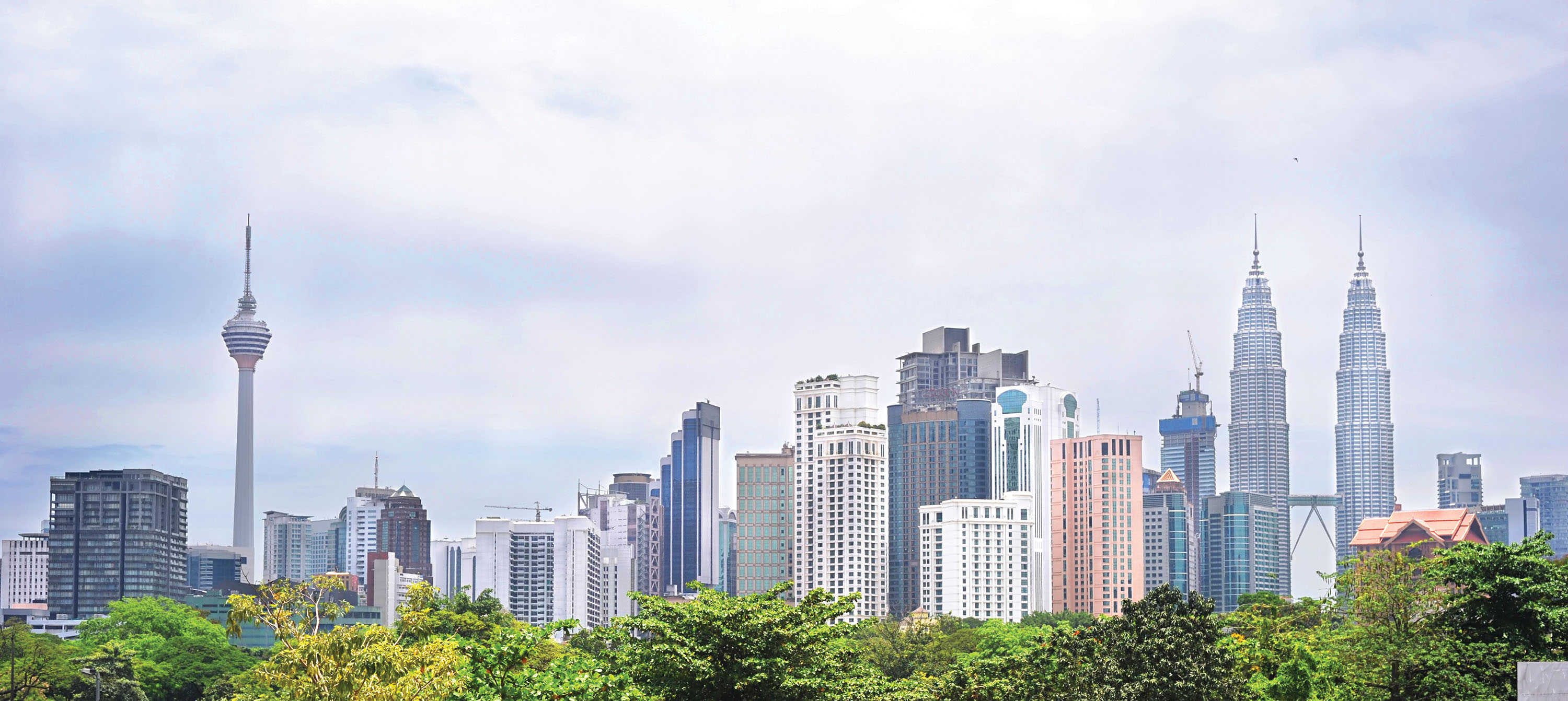In CIMA’s recent report on the success of Malaysian online news site, Malaysiakini, Janet Steele of George Washington University’s School of Media tells author Tim Carrington that the news outlet’s prospects as an independent voice in Malaysia “could turn on a dime.”
That time may have arrived.
On Friday, Malaysia’s parliament approved amendments to the country’s infamous sedition law, giving the government, “broad new powers to censor online media.”
Perhaps it is not surprising that the Malaysian government would seek to quell online discourse. After all, Malaysia’s media environment has been deemed “not free” by Freedom House for over two decades and the country has long been governed by ruling party with thin democratic credentials.
What many people do not know is that despite Malaysia’s restricted space for opposition and traditional independent media, the internet has been surprisingly open and unfettered. Such openness has enabled independent news outlets such as Malaysiakini to produce independent news content, often critical of the government, without significant repercussions.
Mahathir: a Pioneer of Internet Freedom?
Ironically, credit for the openness of Malaysia’s internet is due to the country’s long-serving, bombastic former Prime Minister, Mahathir bin Mohamad. Mahathir pushed for the 1998 Communication and Multimedia Act (CMA) that ensured “nothing shall be construed as permitting the censorship of the Internet.”
Mahathir embraced the Internet as a transformative force in society, but while this may seem like the work of a liberal leader ahead of his time, the law was by no means meant to protect freedom of expression or to promote democratic values. Rather, the “no internet censorship” pledge was part of Mahathir’s effort to develop the Super Corridor (MSC Malaysia) project meant to attract global ICT companies and help make Malaysia an important player in the emerging “information age.” But naturally, the law also created a surprisingly open space for public discourse.
This unintended consequence is not lost on Mahathir, however. Still an outspoken and highly controversial figure in Malaysian politics, Mahathir has decried the “no internet censorship” pledge as a mistake during his 22-year tenure.
The inevitable end of an open internet in Malaysia
While the Malaysian parliament’s recent amendments to the Sedition Act make no changes to the 1998 Communication and Multimedia Act, it effectively provides the government a new means for silencing voices anywhere, even on the internet.
But perhaps this was inevitable. That the government allowed the Internet to remain open and free was never meant to safeguard freedom of expression, independent media, or democratic discourse. This was an unanticipated and increasingly inconvenient side effect.
The most important question for the Malaysian media landscape is now: where does this leave the country’s few remaining independent voices online, like Malaysiakini?


Comments (0)
Comments are closed for this post.